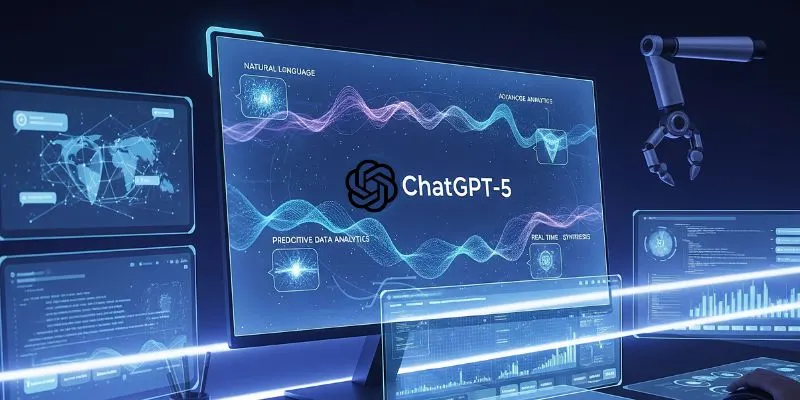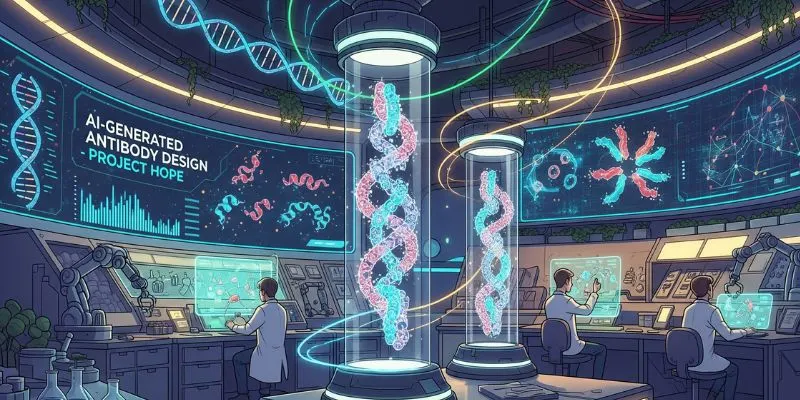By futureTEKnow | Editorial Team
Big news dropped this week in the world of energy and technology: Palantir Technologies is teaming up with The Nuclear Company to launch a first-of-its-kind AI-driven platform designed to overhaul how nuclear reactors are built in the United States. The new system, called the Nuclear Operating System (NOS), aims to turn nuclear construction into a data-driven, predictable process—something the industry has struggled to achieve for decades.
If you’ve followed the nuclear sector, you know that building new reactors is notoriously slow and expensive. Projects often run over budget and behind schedule, thanks to complex logistics, supply chain headaches, and a mountain of regulatory paperwork245. With demand for clean, reliable power surging—especially from data centers and AI factories—speeding up nuclear deployment is now a national priority145.
NOS is built on Palantir’s Foundry platform and brings together real-time data integration, predictive analytics, and AI-powered decision-making. Here’s what sets it apart:
Schedule Certainty: NOS gives construction teams instant, context-aware guidance, factoring in everything from material availability to weather. The goal is to keep teams working, not waiting.
Cost Savings: The platform tracks and verifies every part in the supply chain, preventing shipment errors and material shortages. If delays are likely, NOS can trigger backup plans or reprioritize work automatically.
Problem Prevention: Sensors on-site feed data into digital twin models, letting managers compare actual progress to the plan. Predictive analytics flag issues before they become expensive mistakes.
Regulatory Confidence: Large language models and AI agents can review thousands of documents in seconds, streamlining compliance and reducing red tape.
This partnership comes on the heels of new executive orders calling for a massive expansion of U.S. nuclear power by 2050, with the aim of keeping pace with global competitors like China. The Nuclear Company’s CEO, Jonathan Webb, put it bluntly: “Nuclear isn’t just an energy issue — it’s a national security imperative.” The U.S. can’t afford to fall behind in this sector the way it did with manufacturing in past decades.
NOS is part of Palantir’s broader “Warp Speed” initiative—an effort to bring enterprise-grade AI to high-impact sectors like energy and defense. A dedicated Palantir engineering team will work side-by-side with The Nuclear Company’s staff, integrating previously siloed data across construction, supply chain, workforce, engineering, and safety operations.
With a $100 million investment over five years, this collaboration could be a turning point for nuclear construction in the U.S.—making projects faster, cheaper, and more reliable. If successful, NOS might just set a new standard for how America builds critical infrastructure in the AI era.

Traditional Medicare will pilot AI-assisted prior authorization in 2026 across six states, focusing on high-risk outpatient services. Clinicians retain final say, but incentives and access concerns loom as CMS tests fraud reduction and “gold card” exemptions. Here’s what providers and patients should know.

OpenArt’s new “one-click story” compresses scripting, visuals, and edits into ready-to-post short videos—fueling viral growth and a fresh IP debate. We break down how it works, adoption signals, what’s next (multi-character, mobile), and practical guardrails creators and brands should follow to stay original and compliant.

OpenAI’s o3 swept the Kaggle AI chess tournament, defeating xAI’s Grok 4–0. The victory fueled the intense rivalry between Altman and Musk, reshaping AI benchmarks.

Pinterest’s CEO confirms that fully agentic AI shopping is years away, as the platform invests in AI-powered tools to enhance discovery, inspiration, and personalized shopping experiences for millions.

Shopify’s new AI shopping tools are transforming e-commerce, letting agents and chatbots deliver smooth, personalized shopping and checkout experiences across platforms. Learn how these innovations reshape online retail.

Meta has acquired WaveForms AI, a startup pioneering emotion-detecting voice technology. Learn what this means for Meta’s AI voice ambitions and the future of AI audio.

Tracelight is revolutionizing financial modelling for finance professionals with AI-powered Excel tools that automate complex tasks, reduce errors, and unlock new analysis capabilities. Learn how this next-gen solution changes the future of spreadsheets.

Microsoft rolls out GPT-5 across its Copilot suite, integrating smarter AI for enterprise and personal users. Discover new features, free access, and what sets this launch apart.

OpenAI’s GPT-5 is now live for all ChatGPT users. It brings faster, smarter AI with improved reasoning, expanded context, and safer outputs—marking a major leap in generative technology.

Chai Discovery’s $70M funding ushers in a new era for AI-powered antibody design, promising faster, more successful drug discoveries with its breakthrough Chai-2 model.

Discover how Google’s Gemini generative AI is revolutionizing Android—making your phone smarter, faster, and truly personal with next-gen features and privacy-first innovation.

Kontext lands $10M seed round to fuel its generative AI advertising platform, enabling brands to deliver personalized, context-rich real-time ads in AI applications and chatbots.
To provide the best experiences, we use technologies like cookies to store and/or access device information. Consenting to these technologies will allow us to process data such as browsing behavior or unique IDs on this site. Thanks for visiting futureTEKnow.